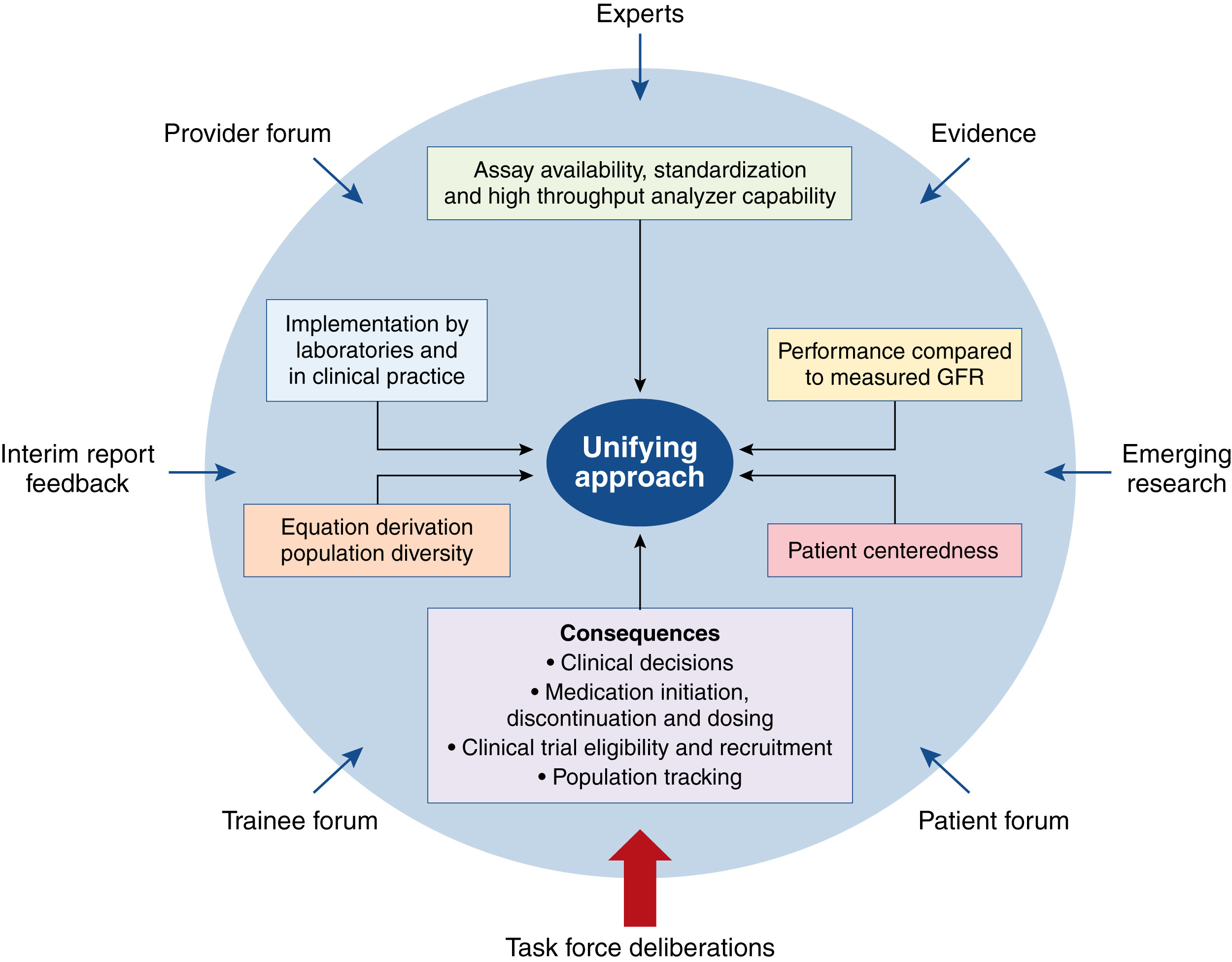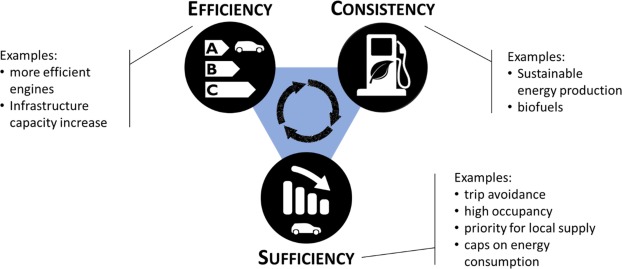Transportation Research Part D: Transport and Environment, Volume 103, February 2022
Transportation is a basic social need, but most trips are done by private vehicles, which is not environmentally sustainable with growing urban populations. Micromobility (e.g., shared bikes) represents a significant opportunity to replace short private vehicles trips (0–3 miles) and reduce transportation sector emissions. This paper uses Seattle as a case study and estimates that up to 18% of short car trips could be replaced by micromobility.
Transportation Research Part D: Transport and Environment, Volume 103, February 2022
Blood, Volume 139, 17 February 2022
One Earth, Volume 5, 18 February 2022


